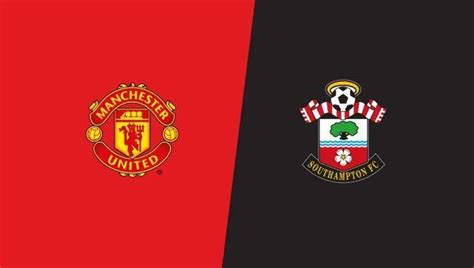The Manchester Derby is one of the most eagerly anticipated fixtures in the English Premier League (EPL), pitting the two Manchesterbased football giants, Manchester United and Manchester City, against each other. This historic rivalry, steeped in tradition and passion, transcends mere sport, captivating fans worldwide. Let's delve into the dynamics of this clash and what it signifies for both clubs.
The roots of this rivalry can be traced back to the industrial revolution when Manchester was at the forefront of the textile industry. The workingclass communities supported their local teams, laying the foundation for the intense rivalry witnessed today. Over the years, both clubs have experienced periods of dominance, fueling the competitive spirit between them.
Manchester United, historically known as the dominant force in English football, boasts a rich legacy under legendary managers like Sir Matt Busby and Sir Alex Ferguson. However, in recent years, they've faced challenges, striving to reclaim their former glory.
Manchester City, on the other hand, has undergone a remarkable transformation since the Abu Dhabi United Group's takeover in 2008. Heavy investment has propelled them to success, winning multiple league titles and establishing themselves as formidable contenders domestically and in Europe.
In every Manchester Derby, the spotlight shines on key players whose performances often determine the outcome. For Manchester United, players like Marcus Rashford, Bruno Fernandes, and Paul Pogba bring flair and creativity to the game. Manchester City relies on talents such as Kevin De Bruyne, Raheem Sterling, and Phil Foden to unlock opposition defenses with their skill and vision.

Tactical battles add another layer of intrigue to the Manchester Derby. Managers meticulously plan their strategies, considering their opponent's strengths and weaknesses. Whether it's Manchester United's counterattacking prowess or Manchester City's possessionbased style, each team employs tactics aimed at securing victory.
Beyond bragging rights, the Manchester Derby often has significant implications in the title race. A win can provide a crucial momentum boost, while a loss can dent confidence and aspirations for silverware. Additionally, the outcome holds symbolic value for fans, reflecting the club's stature and competitiveness.
The fervent support from fans amplifies the intensity of the Manchester Derby. Old Trafford and the Etihad Stadium reverberate with chants and cheers as supporters rally behind their respective teams. The derby transcends geographical boundaries, with fans worldwide tuning in to witness this spectacle.
As with any derby, predicting the outcome is challenging due to the unpredictable nature of such highstakes encounters. Form, injuries, and tactical decisions all play a part in shaping the result. However, one can expect a fiercely contested battle with moments of individual brilliance and collective effort.
In conclusion, the Manchester Derby is not just a football match; it's a culmination of history, rivalry, and passion. As Manchester United and Manchester City lock horns, the world watches in anticipation, eager to witness the drama unfold on the grand stage of the English Premier League.
